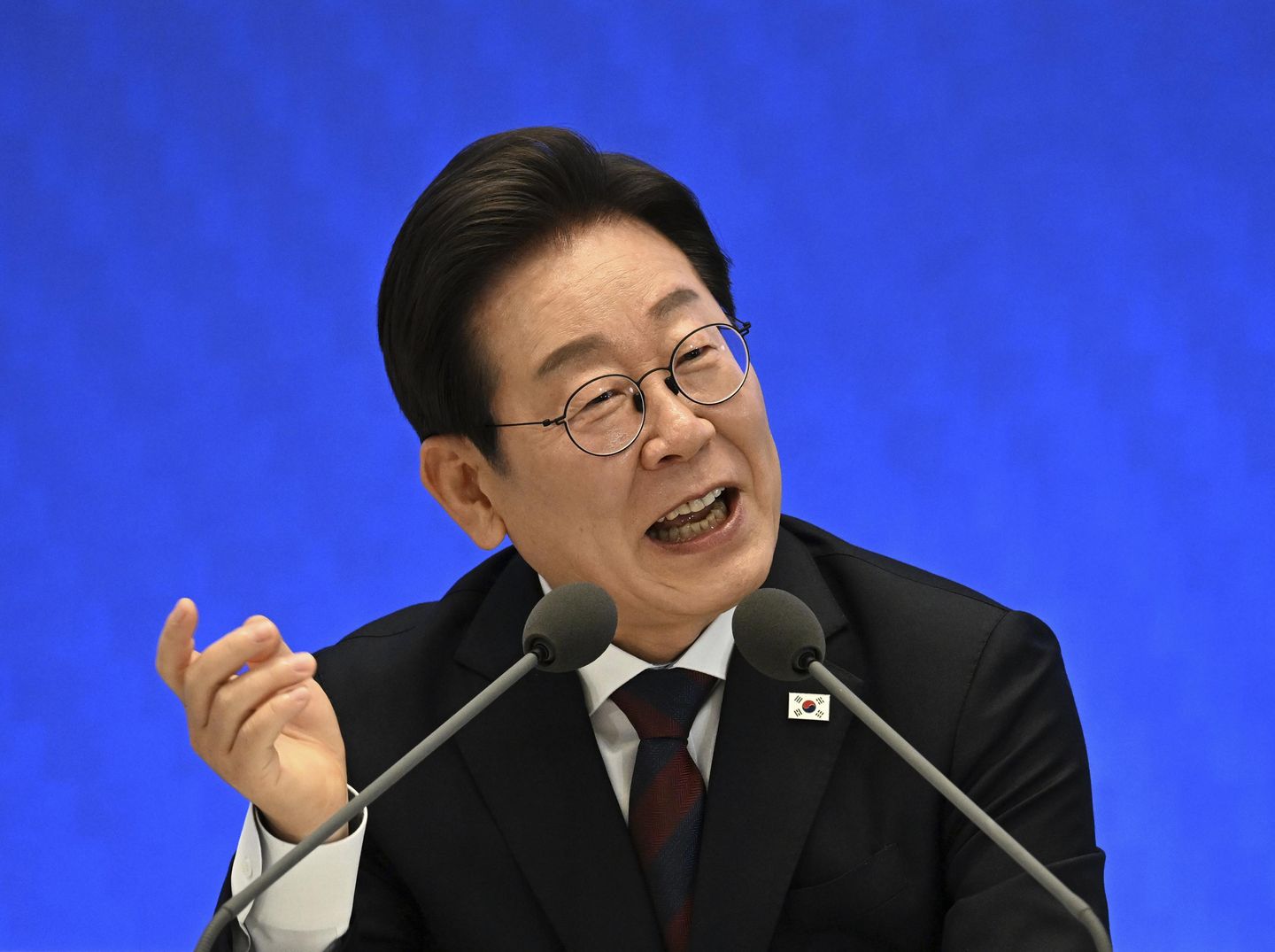
South Korean President Lee Jae-myung says his country could face a financial crisis if it accepts the Trump administration’s investment demands without certain safeguards. Here’s what you need to know about South Korea’s concerns over the proposed trade deal:
The financial crisis warning
Lee warns of potential economic disaster without proper safeguards:
- Speaking to Reuters ahead of United Nations meetings in New York, Lee said he still wants U.S.-South Korea trade deal once conditions are met
- Lee said South Korea needs currency swap arrangement to orchestrate massive U.S. investments President Trump wants
- “Without a currency swap, if we were to withdraw $350 billion in the manner that the U.S. is demanding and to invest this all in cash in the U.S., South Korea would face a situation as it had in the 1997 financial crisis,” he said
- Big corporate debts, asset devaluation and other factors weakened South Korean economy and depleted its foreign exchange reserves in late 1990s
The proposed trade deal terms
Seoul working to finalize agreement struck in July:
- Seoul is trying to finalize trade deal-in-principle that it struck with White House in late July
- Under terms, U.S. would impose 15% tariff on South Korean goods, instead of higher levy, and South Korea would invest $350 billion in U.S. projects
- Seoul would also purchase $100 billion in liquefied natural gas or other energy products
- Deal followed template set by Japan, which called for Tokyo to invest $550 billion in U.S. projects at Trump’s discretion
The Japan comparison
Lee distinguishes South Korea’s economic position from Japan’s:
- South Korean leader tried to distinguish between his country and Japan
- Lee said Japan has twice its $410 billion in foreign exchange reserves, enjoys international currency with yen and maintains currency-swap line with U.S.
- Beyond currency concerns, Lee said South Korea-funded projects should be commercially viable
- “Reaching detailed agreements that guarantee commercial reasonableness is now the central task, yet it also remains the biggest obstacle,” Lee told wire service
The leadership transition
Liberal president took office after conservative predecessor’s removal:
- Lee, a liberal, took office in June after Yoon Suk Yeol, a conservative, was removed from office for briefly imposing martial law
- New administration working to navigate complex trade negotiations with Trump
- Lee does not plan to meet with Trump during U.N. General Assembly in New York
- Would like to bring trade matters to close instead of letting them extend into new year
The Hyundai plant incident
Immigration raid causes diplomatic concerns:
- Lee said recent U.S. immigration raid of Hyundai Motor battery plant in Georgia caused dismay back home
- More than 300 South Korean workers were arrested during raid
- Lee does not think incident will harm bilateral relationship
- “I do not believe this was intentional, and the U.S. has apologized for this incident, and we have agreed to seek reasonable measures in this regard, and we are working on them,” he said
The timeline pressure
President seeks quick resolution to trade uncertainty:
- “We should end this unstable situation as soon as possible,” Lee said
- Seoul wants to avoid extending negotiations into new year
- Washington Times reached out to White House for comment on Lee’s concerns
- Economic uncertainty continues as negotiations proceed
Read more:
• South Korean President Lee raises concerns about U.S. investment demand
This article is written with the assistance of generative artificial intelligence based solely on Washington Times original reporting and wire services. For more information, please read our AI policy or contact Ann Wog, Managing Editor for Digital, at awog@washingtontimes.com
The Washington Times AI Ethics Newsroom Committee can be reached at aispotlight@washingtontimes.com.













